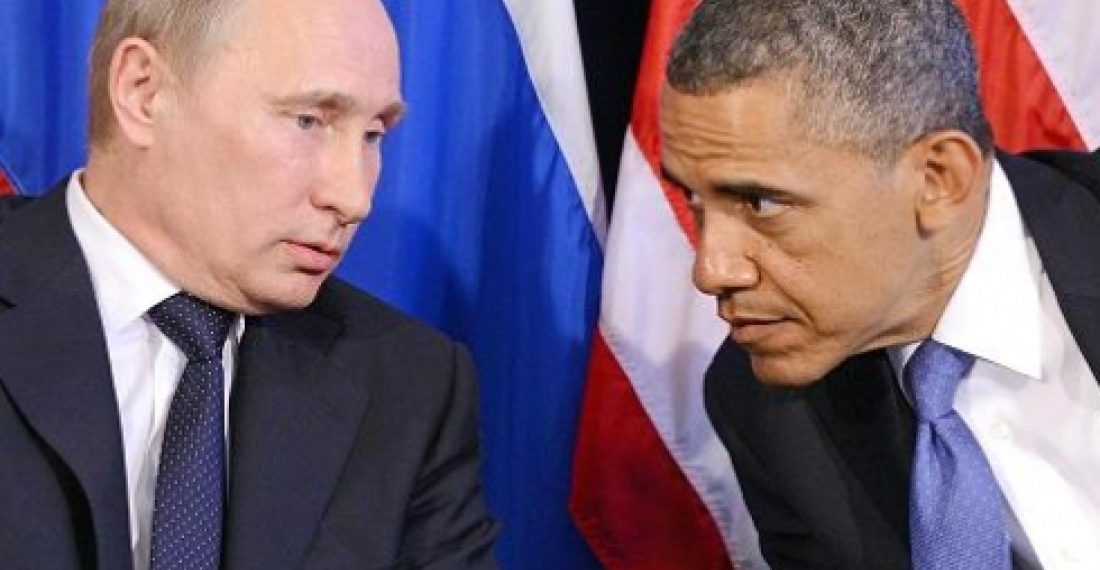US President Barak Obama on Wednesday (6 July) had a telephone conversation with Russian president Vladimir Putin. The two leaders discussed the karabakh conflict, Syria and Ukraine, according to the Whitehouse press office.
In a read-out of the telephone conversation the White House said
"President Obama spoke today by phone with President Vladimir Putin of Russia to discuss President Putin’s June 20 meeting with President Ilham Aliyev of Azerbaijan and Serzh Sargsian of Armenia regarding the settlement of the Nagorno-Karabakh conflict. President Obama expressed his readiness to intensify efforts together with Russia and with France, as co-Chairs of the Organization for Security and Cooperation in Europe Minsk Group, to achieve a comprehensive settlement to the conflict."
In a slightly different readout, the Kremlin also confirmed that the telephone conversation had taken place, and said that it was initiated by the American side. in its read out of the telephone conversation the kremlin said that "President Obama praised the efforts made by Russia in the settlement of Nagorno Karabakh conflict".
Earlier there had been concerns expressed that the Russians were trying to exclude other parties from the negotiations with Armenia and Azerbaijan on Karabakh. The Russian Foreign Ministry dismissed these accusations and said that Russia was keeping everyone informed.
source: commonspace.eu with whitehouse.gov and other sources.
photo: President Obama and President Putin (archive picture)







